
Down syndrome is a genetic disorder caused by an extra copy or part of the 21st chromosome. Healthy people inherit one copy of this chromosome from their mother and the other copy from their father. The same situation is with all other 22 chromosome couples, which means that there are 46 chromosomes (23 couples of chromosomes). When something happens during embryonic division of cells, there appears to be another copy of this 21st chromosome and babies are born with Down syndrome.
This is why one type of this disorder is known as trisomy 21 (there is an extra copy of 21st chromosome). Besides this type, there are other types of Down syndrome, including translocation and mosaicism, but these are rarer than trisomy 21.
Chances Increase with Age
No one can tell why some babies have Down syndrome, because this genetic disorder is not fully understood and explained. However, doctors know that the cause of this problem lays in some errors in cell division and that mother’s age matters. Chances to have a baby with this syndrome are discovered to be higher in older women. Women in their 20s have 1 in 1.500 chance to have a baby with Down syndrome, while a woman at the age of 30 has 1 in 900 chance to give birth to a child with this syndrome. After the age of 40, women are much more likely to have a child with different birth defects, including Down syndrome. One out of every 100 babies born to a mother who is over 40 years of age is discovered to have this syndrome.
Down Syndrome Symptoms
Children born with Down syndrome have specific facial and body characteristics. They often have low set eyes, slant upwards and with some epicanthic folds (these are vertical skin folds) between upper eyelids and the inner corner of the eye(s). The back of their head might be flat, as well as their nose bridge, while their ears are usually small and low set, like their eyes. Their mouth may be small and the tongue might be too big or protruding out of the mouth. Hands of kids born with Down syndrome are broad and have just one single crease.
At birth, these babies are usually of low birth weight and short stature and their whole body may seem floppy, due to loose muscle tone.
Besides these characteristics, Down syndrome may cause different health complications, including heart problems, hearing and eye difficulties and also thyroid and digestive issues. These kids are often sick due to poor immunity and may experience dementia at very early age, several decades before healthy people.




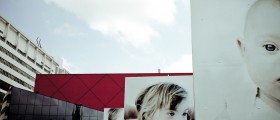
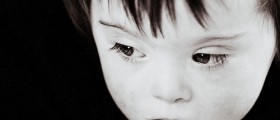

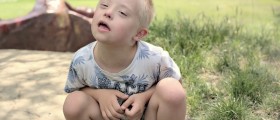

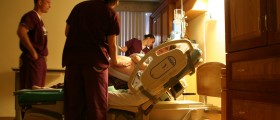
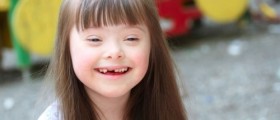



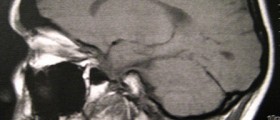


Your thoughts on this
Loading...